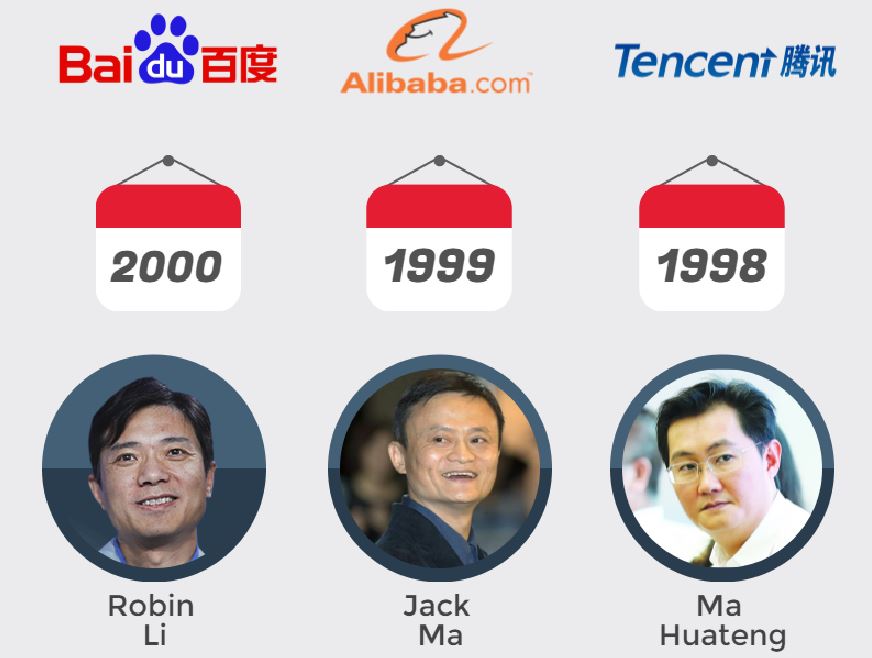In this post we are going to have a closer look at five main drivers powering fast growing Chinese sharing economy.
In our earlier article, we have introduced six most innovative services that have developed around various concepts of Chinese sharing economy. Some of those companies, like DiDi, have grown enormous within record time, swallowing rivals and winning new markets. Others have recently achieved infamous “unicorn” status (Tujia, Huochebang) while more startups are still small but full of potential.
5 distinctive features of Chinese sharing economy
#1: Smartphone proliferation
Perhaps the strongest driver behind wide adoption of shared services in new Chinese sharing economy is proliferation of smartphones, particularly in the cities.
Virtually every shared service “lives” on a smartphone is some shape or form. A smartphone enables users connecting with location based services while its camera serves as a scanning device which is essential for many such apps.
Moreover, many apps are either completely integrated with popular apps like WeChat or Alipay or are dependent on them for payment and authentication.
#2: Popularity of QR codes
While QR codes are much less common elsewhere, in China they are unambiguous and can be found practically everywhere. Moreover, virtually everyone knows what they are and what to do with them. In fact, WeChat, is single-handedly responsible for popularizing QR codes in China.
Alternative technologies like NFC have never achieved the same degree of recognition and popularity, mainly due to cost. Since printing QR code or generating it online is either extremely cheap or practically free, as long as security is not a concern, they always win over NFC or other technologies.
Many of the services of Chinese shared economy we discussed earlier rely on QR codes to connect users with a particular product such as in the case of unlocking shared bikes or shared umbrella locks.
#3: Convenient payment systems
Most of the shared services rely on a payment system for both payment and placing deposits. Two of the most common payment systems in China, Alipay and WeChat Pay, facilitate the process in the easiest and most secure way.
Since almost every Chinese city dweller is already a user of at least one or, more often, both of those systems, integrating them into the shared service apps is a natural fit. Essentially, those payment platforms have become the primary enablers of Chinese sharing economy.
Moreover, unlike Western equivalent PayPal (which is practically unheard of in China), both Alipay and WeChat Pay are transaction free services – they don’t charge users a single penny for payments as long as they are below a certain limit and are processed within China.
#4: Real name registration
The common misconception about sharing economy is that it is largely based on trust. If that was true – the concept would be a no starter in China. Luckily, with Chinese sharing economy trust is not an issue, or at least not to the same degree as it could be otherwise.
Why is that the case? The reason is that as long as people use one of the payment systems (Alipay or WeChat Pay) for transactions, they are automatically identified by their real name. In fact, WeChat and Alipay require real name registration that is connected to users’ Chinese ID or a passport for foreigners.
This arrangement minimized chances of service abuse (although it does happen, especially with bike sharing apps) or, at least, makes it easier to identify, track and punish bad behavior.
#5: Backing of internet giants
While being on good terms with the government officials is a pre-requisite for doing business in China in general, having the back of one of the BATs (Baidu-Alibaba-Tencent triumvirate) is a guarantee of success inChinese sharing economy.
Apparently, those internet giants are seeing great potential in many of shared services startups and have been generously financing them. In a rare display of cooperation within BAT, some of the services have been backed by more than one of them. Tencent and Baidu have been particularly enthusiastic in financing many such startups propelling some of them to unicorn status all within a couple of years.








